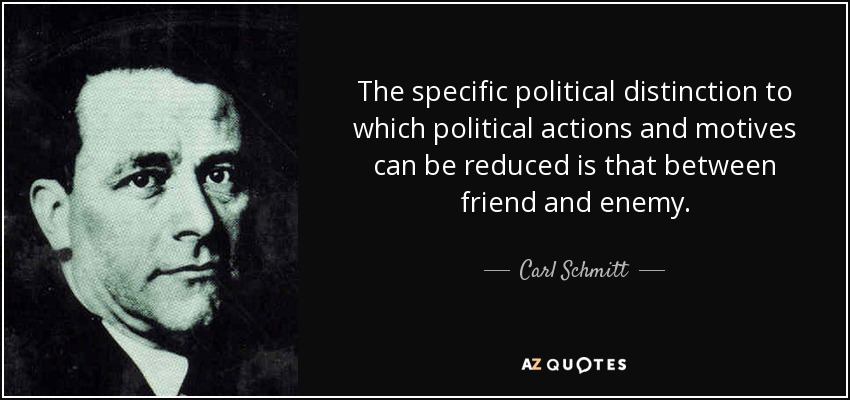Hack Republican “Judges” Order More Wisconsinites to Die Again

A bare 4-3 majority of the Wisconsin Supreme Court, with a lame duck judge who just lost a landslide election being the swing vote, just issued a Federalist blog post striking down the state’s stay-at-home order based on a transparently willful misreading of black letter law:
Wisconsin law gives the state Department of Health Services extraordinarily broad power — or, at least, it did until today — to confront a public health crisis.
Among other things, the department may “close schools and forbid public gatherings in schools, churches, and other places to control outbreaks and epidemics.” It may “issue orders … for the control and suppression of communicable diseases,” and these orders “may be made applicable to the whole or any specified part of the state.” And, on top of all that, an additional provision permits the health department to “authorize and implement all emergency measures necessary to control communicable diseases.”
Yet the majority opinion in Wisconsin Legislature diminishes this power considerably by imposing procedural limits on Palm’s authority. Much of Roggensack’s majority opinion rests on a distinction between “rules” and mere “orders.”
The reason this distinction matters is that a mere “order” from a state agency can go into effect immediately, but a “rule” can take weeks or even months to promulgate. Even under an expedited process for “emergency” rules, a state agency must first draft a “statement of the scope of the proposed emergency rule.” That statement must be reviewed and approved by the governor and the state Department of Administration, and then appear in an official state publication that only publishes once a week.
After the statement is published, the agency must complete a 10-day waiting period before it is allowed to move forward, with no apparent way to waive this requirement. And then the rule can be delayed even longer if certain legislative leaders require the agency to hold a public hearing on the new rule. Then the new rule can potentially be suspended by a legislative committee — which may require the agency to start this process all over again.
Nevertheless, the Court’s Republican majority concludes that Palm’s stay-at-home order exceeds her power to issue mere orders. Under the Court’s decision, any order that applies to a class of people that “is described in general terms,” and that can be expanded to more individuals, must be issued as a rule. That means that new efforts to fight the coronavirus are likely to be delayed for weeks or more.
There are several problems with the Court’s conclusion, but the biggest one is that it is inconsistent with the text of the state’s public health law. That law gives the health department the power to “promulgate and enforce rules or issue orders for guarding against the introduction of any communicable disease into the state” or “for the control and suppression of communicable diseases,” and it provides that “any rule or order may be made applicable to the whole or any specified part of the state.”
Thus, the statute explicitly states that the health department may issue an “order” and not just a “rule” that is applicable to the entire state.
As Justice Rebecca Dallet notes in one of three dissenting opinions, the state legislature purposely added this language to the state’s public health law to expand the health department’s power to issue statewide orders. “Originally,” Dallet writes, the state public health law “did not allow for the issuance of orders; DHS could only ‘adopt and enforce rules and regulations.’” And these rules had to comply with limits similar to the ones the state Supreme Court imposed in Wisconsin Legislature.
As Millhiser goes on to discuss, the opinion is also so incompetently drafted that it’s not even clear if the order remains in effect, and the Court provides no guidance to how public officials are supposed to address the pandemic going forward. Which isn’t surprising, because as currently constituted the Wisconsin Supreme Court is about as much a court of law as Wisconsin is a democracy.


